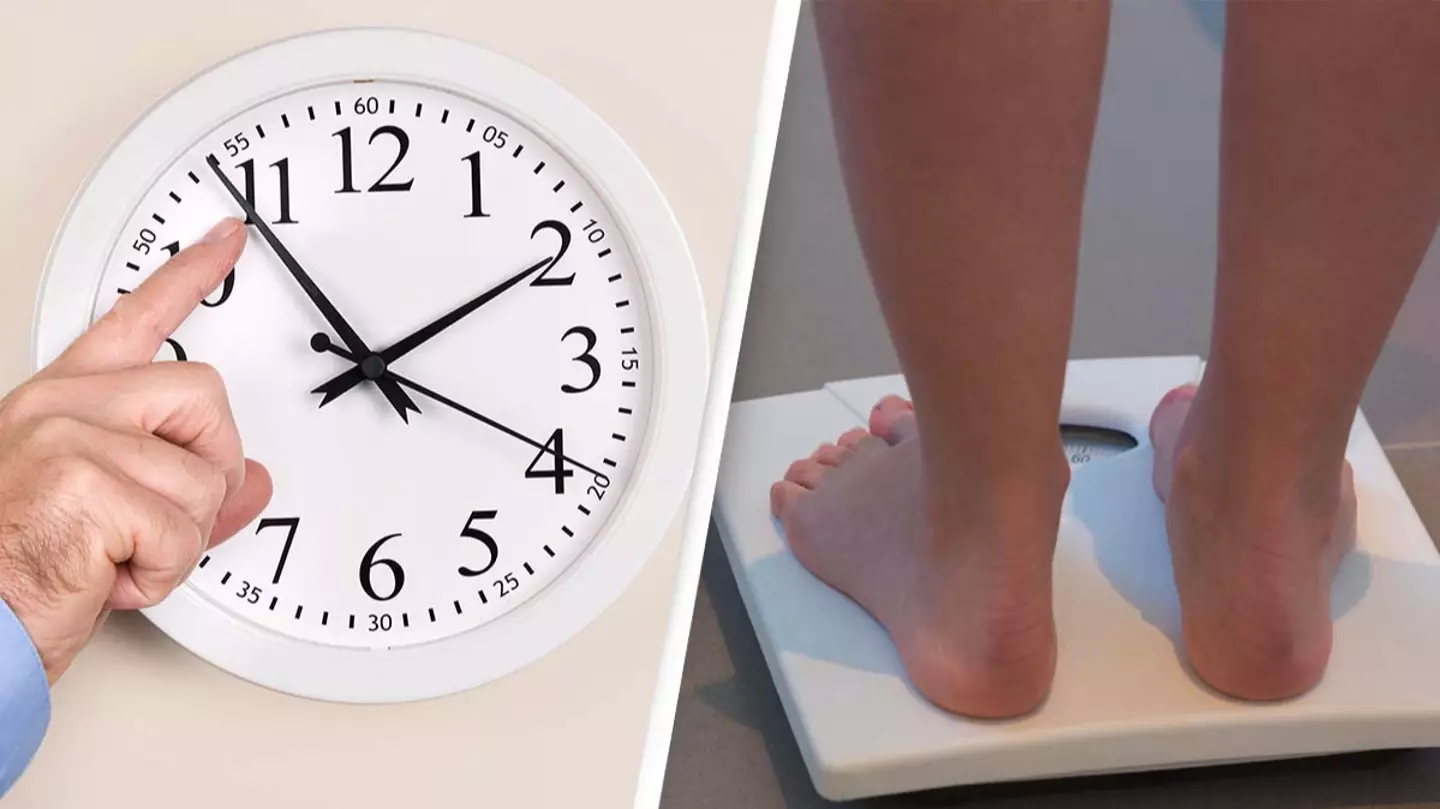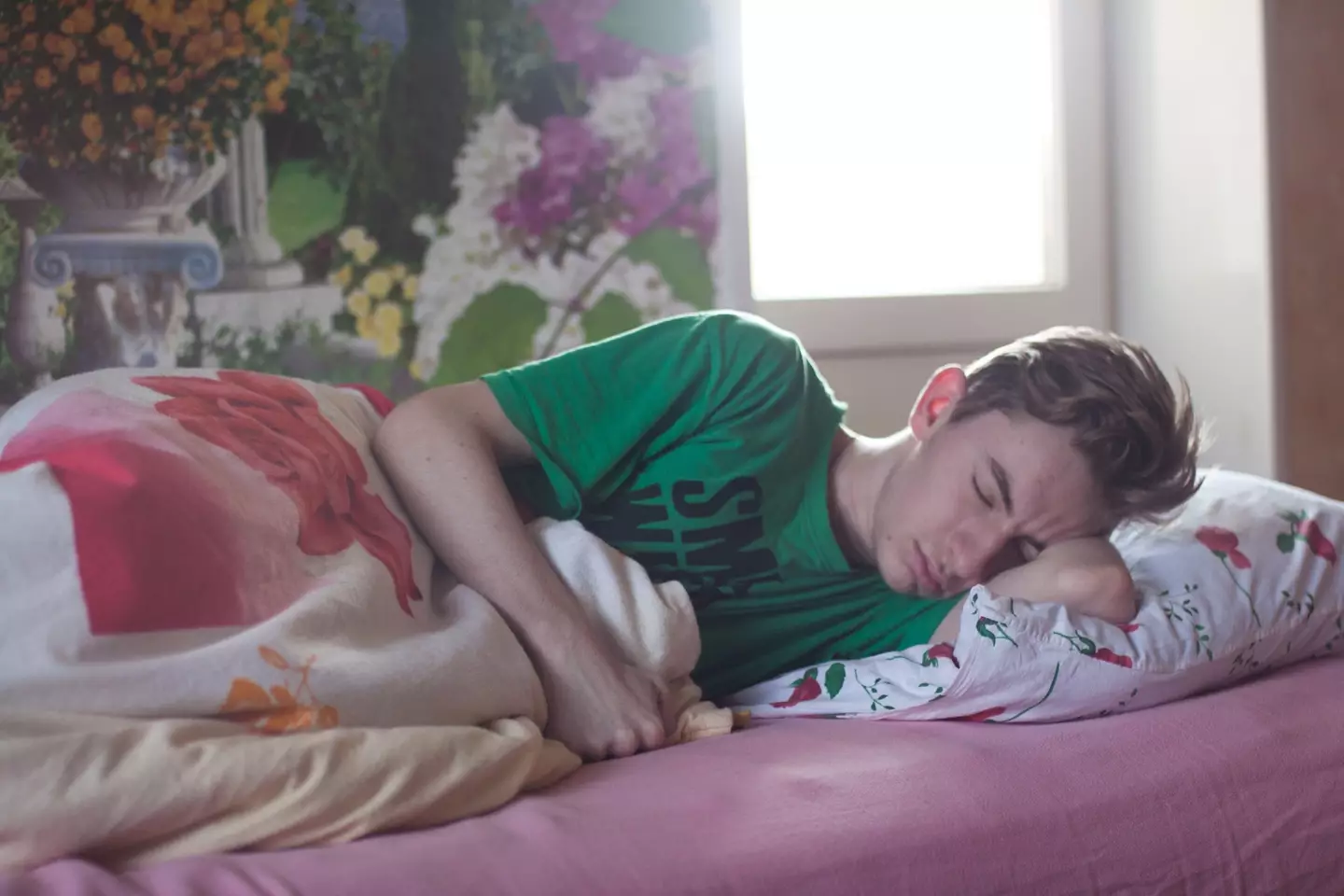
It's one of those increasingly dated things that humans just seem to do still, but finally it looks like in the US, at least, changing the clocks for daylight savings might be coming to an end.
Introduced at the end of World War I in America as an energy-saving trick, it became normalised in the 1960s based on the idea that in the summer months, we shift the number of daylight hours we get into the evening.
This means that if the sun sets at 8.00pm instead of 7:00pm, we’d theoretically spend less time with the lights on in our homes at night, saving electricity.
It seems like a load of baloney now, though, and on Tuesday (15 March), the US Senate voted unanimously to pass a bill – dubbed the Sunshine Protection Act – that would make daylight savings time permanent, beginning in 2023.
Advert

The move would mean no more changing the clocks twice a year, freaking out your pets and having a few mornings in complete discombobulation while you repeatedly clock in late – or early – for work.
However, it wouldn't necessarily be all good news, according to one medical professional. Writing in the Daily Mail, psychiatrist Dr. Meeta Singh feels this would be a huge social experiment with long-term effects of health on Americans uncertain.
Singh explains that the human body is regulated by three clocks: our internal clock, the clocks that we own materially, and the sun, arguing that when these get disrupted, so do we.
Advert
"Recorded instances of heart attack, stroke and other serious conditions spike every year when clocks change in the spring," she wrote.
"Hospital admissions rise and there are increased risks of mood disorders and car crashes.
"This is because the most powerful cue to our circadian rhythm – light – is abruptly shifted.
"Circadian rhythms react to light in a predictable fashion and when the artificial time is changed it results in circadian misalignment," she added.
Singh goes on to say that moving to a permanent state of one hour's more sunlight in the evening could lead to a whole host of problems, with DST leading to us still trying to fulfil our morning obligations despite being encouraged to delay sleep.
Advert
"We are forced to rise in the darkness to start our days – depriving ourselves of bright sunlight which invigorates our minds and moods," she said.
"This chronic misalignment of our internal and artificial clocks – results in a condition known as social jet lag.
"Social jet lag has been studied well and the health damage from this is clear – higher risks of obesity, depression and cardiovascular disease."
Singh also speculated whether such a move will be popular, although the fact it's potentially on the way to legislation in the White House means she may well be proven wrong.
Advert
The Sunshine Protection Act is set to go back to the House of Representatives for another vote, and following this would then require Joe Biden's signature to be officially passed into law.
If you have a story you want to tell, send it to UNILAD via [email protected]
Topics: US News
